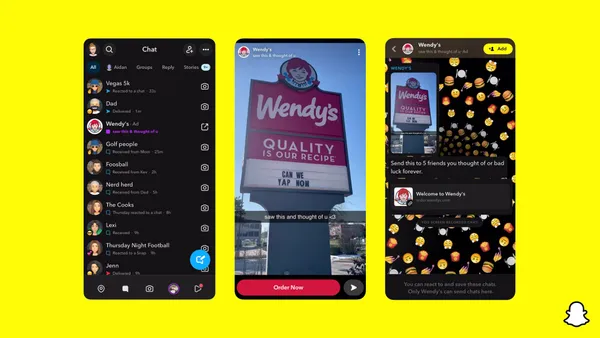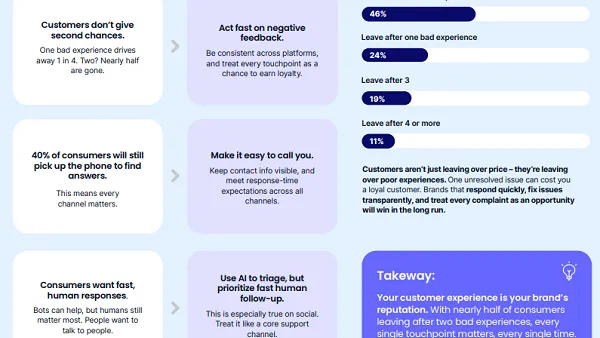Brief:
- Home Depot boosted customer engagement by 238% with a system to capture customer identity to streamline the user experience (UX), per information that consumer identity management firm Infutor shared with Mobile Marketer. The firm announced a partnership with mobile marketing firm Vibes to help brands optimize mobile engagement with audience data and market segmentation.
- The partnership gives marketers that use Vibes' Customer Data Intelligence platform seamless access to Infutor's ID Max service. The software matches customer profiles with expanded data to improve segmentation and audience targeting. The integration gives brands access to consumer attributes such as home ownership, household income, marital status and purchasing power, per the announcement.
- Infutor created its ID Max from its identity graph to enrich customer profiles and enhance segmentation for more personalized interactions and increased conversions. The integration let Home Depot limit a customer inquiry form to a single data point to match a customer identity.
Insight:
Home Depot's improved customer engagement indicates how brands can improve UX with streamlined online forms to help identify customers with as little as one data point. Data-driven marketing aims to personalize the UX by harnessing more detailed information about online shoppers, such as their preferences, shopping behavior and brand sentiment.
Home Depot was ranked No. 1 in a study of retailer mobile apps because of its functionality and strong UX, Forrester Research said in a report last year. The home improvement chain's app works like a virtual customer service agent who helps shoppers with inventory information and visual item mapping data for in-store navigation.
The app also lets mobile users sort through search results with advanced filtering, while product information pages show questions and answers from shoppers to help them make purchase decisions. In addition, the app has features like augmented reality, 360-degree views and video buying guides, per the report.
Consumers show mixed attitudes about personalization amid growing concerns around data privacy. They're less willing to share personal information — such as gender, race, marital status, employment status, sexual orientation and citizenship status — for personalized ads, per an Advertising Research Foundation study cited by eMarketer.
The survey also found that consumers were less willing to share personal email, a spouse's name and first and last names than they were in the past. The finding underscores the importance of being transparent about data-collection practices to maintain consumer trust.














